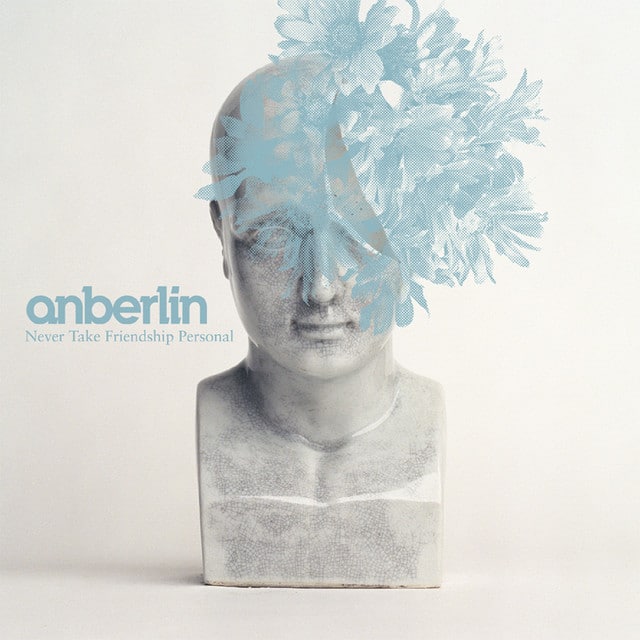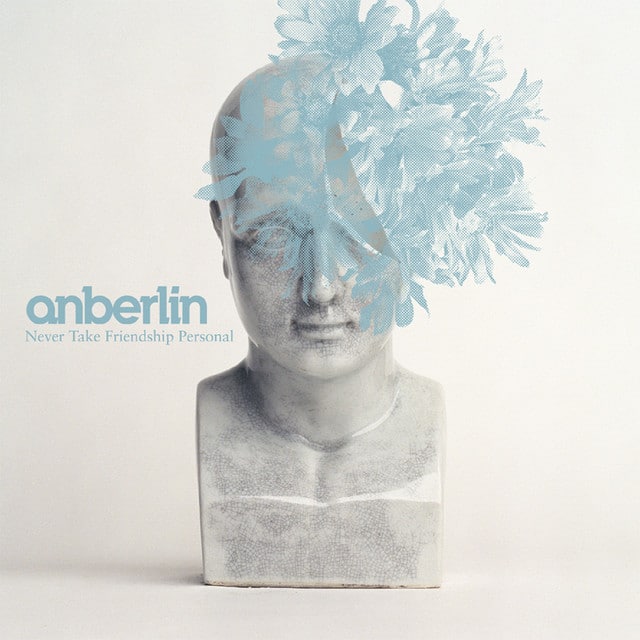Released: 2008
At its core, “Feel Good Drag” by Anberlin serves as a sweeping narrative of temptation, infidelity, and the subsequent fallout of those in the thralls of it. When you strip it back to the bare bones, the song is essentially a dark dance with desire and its inevitable consequences, painted against the backdrop of a relationship that was doomed from the start.
The opening lines set the stage with a proposition: “I’m here for you” she said, “And we can stay for a while, my boyfriend’s gone, we can just pretend.” Right off the bat, we’re plunged into the deep end of deceit and temptation. When she says “we can just pretend,” it’s a clear signal of entering an affair, knowing fully well there’s a significant other in the background. The term “Lips that need no introduction” further encapsulates the idea of a forbidden yet undeniable attraction.
Then we roll into a series of questions and statements that underscore the doomed nature of this liaison: “Was this over before, before it ever began? Your kiss, your calls, your crutch, like the devil’s got your hands.” This echoes the sentiment of a connection so tainted by its inherent wrongness that it never had a real chance to flourish. The “devil’s got your hands” is an evocative way to illustrate being caught in the act or being under the spell of something morally wrong yet irresistibly compelling.
The verses “Everyone in this town is seeing somebody else, everybody’s tired of someone, our eyes wander for help” tap into a broader narrative of discontent and the human propensity to look beyond what we have, seeking solace or excitement in the arms of another. It’s a bleak commentary on relationships and perhaps a cynical view on fidelity.
As we hit the line “You were my greatest mistake, I fell in love with your sin, your littlest sin,” we’re confronted with the realization and regret that sometimes what draws us to a person can also be our undoing. Here, love and sin are intertwined, suggesting that the allure wasn’t just the person but the act of wrongdoing itself.
“Failure is your disease, you want my outline drawn, you were my greatest failure, discourse your saving song” – these lines delve into the aftermath, painting the narrator as someone who has been deeply affected by the affair, viewing it as a significant failure. The “saving song” could be interpreted as a plea for redemption or a final attempt to salvage what’s left of one’s self after being so thoroughly entangled in the “feel good drag” of the relationship.
In summation, “Feel Good Drag” by Anberlin isn’t just about an affair; it’s a moody, introspective look into the human condition, the seduction of the forbidden, and the heavy cost of succumbing to it. The allure of temptation, the guilt of infidelity, and the pain of recognizing a mistake are encapsulated in this powerful rock anthem, reminding us of the complexities and pitfalls of human relationships.






